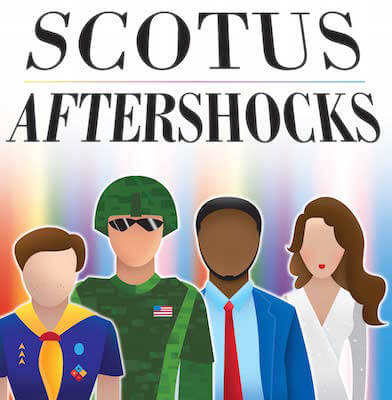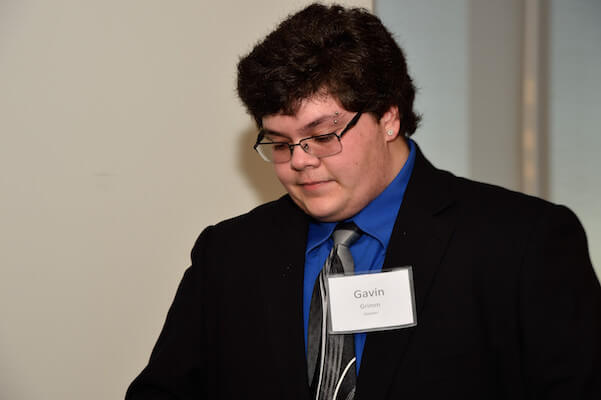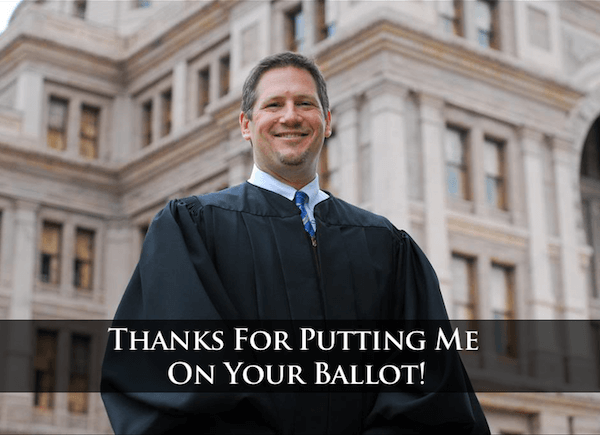COVER DESIGN BY MICHAEL SHIREY
A lot has happened on the LGBT rights front in the short period since the US Supreme Court recognized that same-sex couples have a constitutional right to marry.
Last week, the Equal Employment Opportunity Commission, the federal agency that enforces workplace nondiscrimination protections under the 1964 Civil Rights Act, ruled that “an allegation of discrimination based on sexual orientation is necessarily an allegation of sex discrimination.” As Gay City News goes to press on July 22, we are preparing for a Washington July 23 press conference where Rhode Island Representative David Cicilline and Oregon Senator Jeff Merkley will present a congressional bill aimed at providing the LGBT community with comprehensive civil rights protections not only in employment, but in housing, public accommodations, access to credit, and other areas, as well.
Ten days ago, the Pentagon announced it is beginning a six-month study period the inevitable conclusion of which will be the opportunity for transgender service members to finally serve openly. The Boy Scouts, meanwhile, announced it is prepared to end its longstanding odious ban on gay adults working in leadership positions.
And, on July 15, Caitlyn Jenner offered a bravura proclamation of her commitment to play a leadership role on transgender rights, challenging her audience to acknowledge that even if she is strong enough to withstand negative, even ugly public reaction, the thousands of transgender teens struggling to come to terms with their identity should not be forced to endure the same.
It may come off as a bit facetious, I’ll admit, to frame these developments as aftershocks of the high court marriage ruling. All of these events reflect hard work on the part of many advocates and steps along the road dating back decades, and there’s more than a bit of serendipity that they came together in such rapid-fire bursts. At the same time, it is somehow fitting they arrived clustered, since the progress reflected in the marriage equality decision was of a piece with the changing climate for LGBT rights in America that made all the other recent good news possible as well.
Justice Anthony Kennedy’s opinion in the marriage case was not as expansive as it might have been. The court could have weighed whether claims asserting anti-gay discrimination should be evaluated using the type of heightened scrutiny accorded to those made on the basis of sex or race. Had the court concluded they should be, not only would it have made the marriage question a slam dunk but it would immediately have made suspect any law or policy that treats LGBT Americans differently than others in society.
Instead, Kennedy relied primarily on the view that, since marriage is a fundamental right, denying same-sex couples the right to join the institution infringes on our equal protection and due process rights guaranteed by the US Constitution. But that is no small thing in and of itself.
In its finding that sexual orientation discrimination inherently is sex discrimination, the EEOC noted Kennedy’s view that bans on same-sex marriage “abridge central precepts of equality.” And the Boy Scouts, in determining it won’t too much longer be able to defend its ban on gay adult leaders, wrote that the marriage ruling “will likely be interpreted by many courts as formally announcing that the balance that led to the BSA prevailing” against New Jersey gay Eagle Scout James Dale’s unsuccessful challenge in 2000 “has conclusively changed.”
The BSA may or may not be right in that assumption, and the EEOC finding may or may not be persuasive to federal courts weighing anti-gay job discrimination claims. Which is why the Cicilline-Merkley bill, likely a long-term project given GOP control of Congress, is so critical in the fight for ironclad civil rights protections. Still, the Democrats’ apparent plan to insist that those protections be comprehensive and not watered down by expansive religious exemptions reflects the fundamental embrace of LGBT people’s dignity that was at the heart of Supreme Court rulings dating back 12 years — on marriage, on DOMA, and on sodomy.
Accepting the fundamental dignity of LGBT lives is particularly crucial to society’s ability to advance on issues like transgender rights, which involve a small and largely invisible minority. Capturing and conveying that truth made for the essentially beauty in Caitlyn Jenner’s ESPN debut.




































